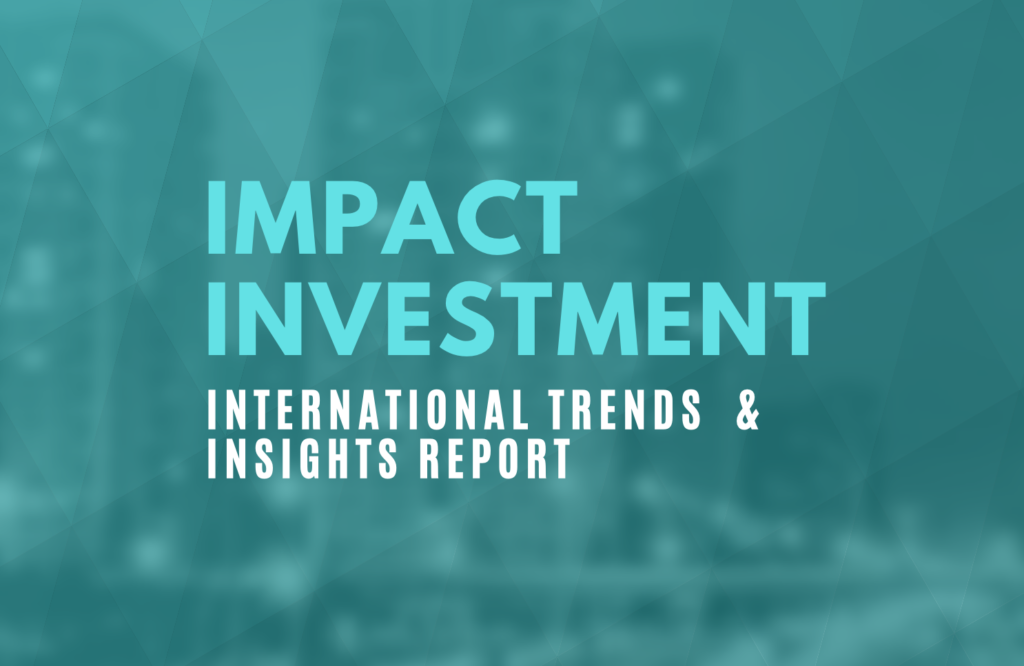In 2017 and 2018, Global Impact Investing Network (GIIN) annual impact investor surveys demonstrated significant growth in investments in the past two years.
In 2018, 229 organisations collectively managed USD 228 billion in impact-investing assets, while in 2017, 209 impact-investing organisations collectively managed USD 114 billion in impact-investing assets. This has happened, in part, by expanding into regions, sectors, and asset classes that have historically been less popular. More than one in three respondents are organisations established in the ‘conventional’ investment markets, and who have also begun impact investing activities, deepening their commitment to impact measurement, and gaining more buy-in from key internal stakeholders. Such growth is encouraging on many fronts. It brings in new investors as well as enhancing broader credibility and professionalism in the impact investing sector.
The survey states that the growing involvement of large-scale, mainstream firms also presents some risks – in particular, the risk of ‘impact washing’. This highlights that impact investors are conscious of this concern. Greater transparency around intentionality, impact measurement, and additionality are critical factors in mitigating this risk. The insights that David Carrington shared during his visit highlighted a number of differences and experiences in the growth of the UK impact investment market, from which much can be learnt. One of the most significant differences is the use of debt-based financial instruments, which are extensively used. This includes social lending, structured debt, and specialist charity bonds where the impact investors expect to receive a blended social and financial return within a fixed timeframe.
Debt is the most formally developed solution in today’s impact investment market. Whether sourced from institutional, philanthropic, or retail investors, debt-based financial instruments are being effectively utilised to develop and scale solutions that address social and environmental issues. This is an important consideration and an exciting opportunity for the social purpose sector. GIIN signals some bigger and broader challenges facing the impact investment sector. These challenges are very relevant and are being discussed locally in Australia and New Zealand. They highlight that it is increasingly unacceptable in the broader financial markets to invest without regard for the social and environmental impact.
GIIN believes that the fundamental norms governing the role and purpose of capital in society are changing, and impact investing is at the forefront, driving this transformational shift. The market dynamics are exciting, and we have much to look forward to. This shift in more mature markets is a positive pathway for all market participants in Australia and New Zealand to follow.
